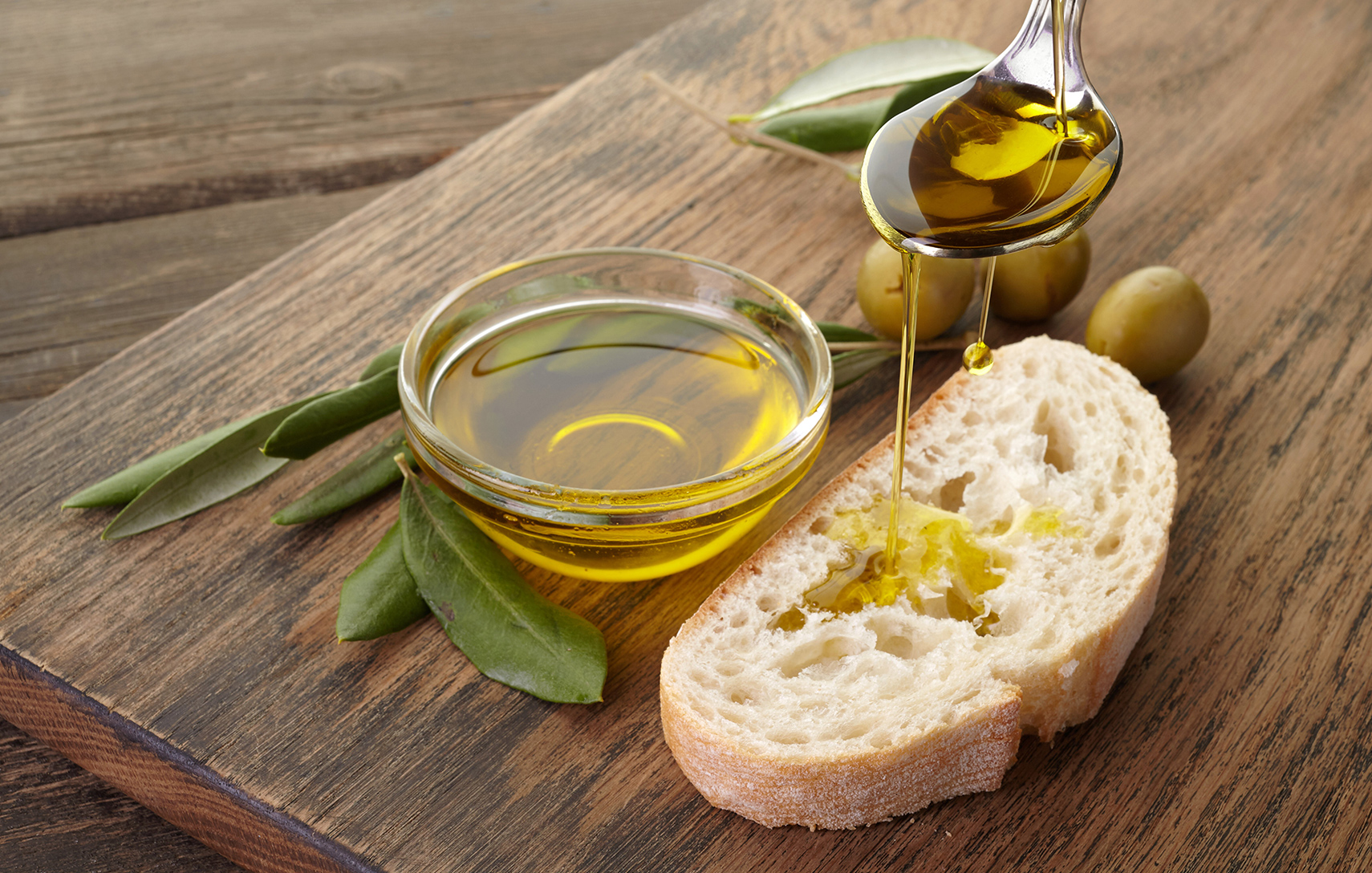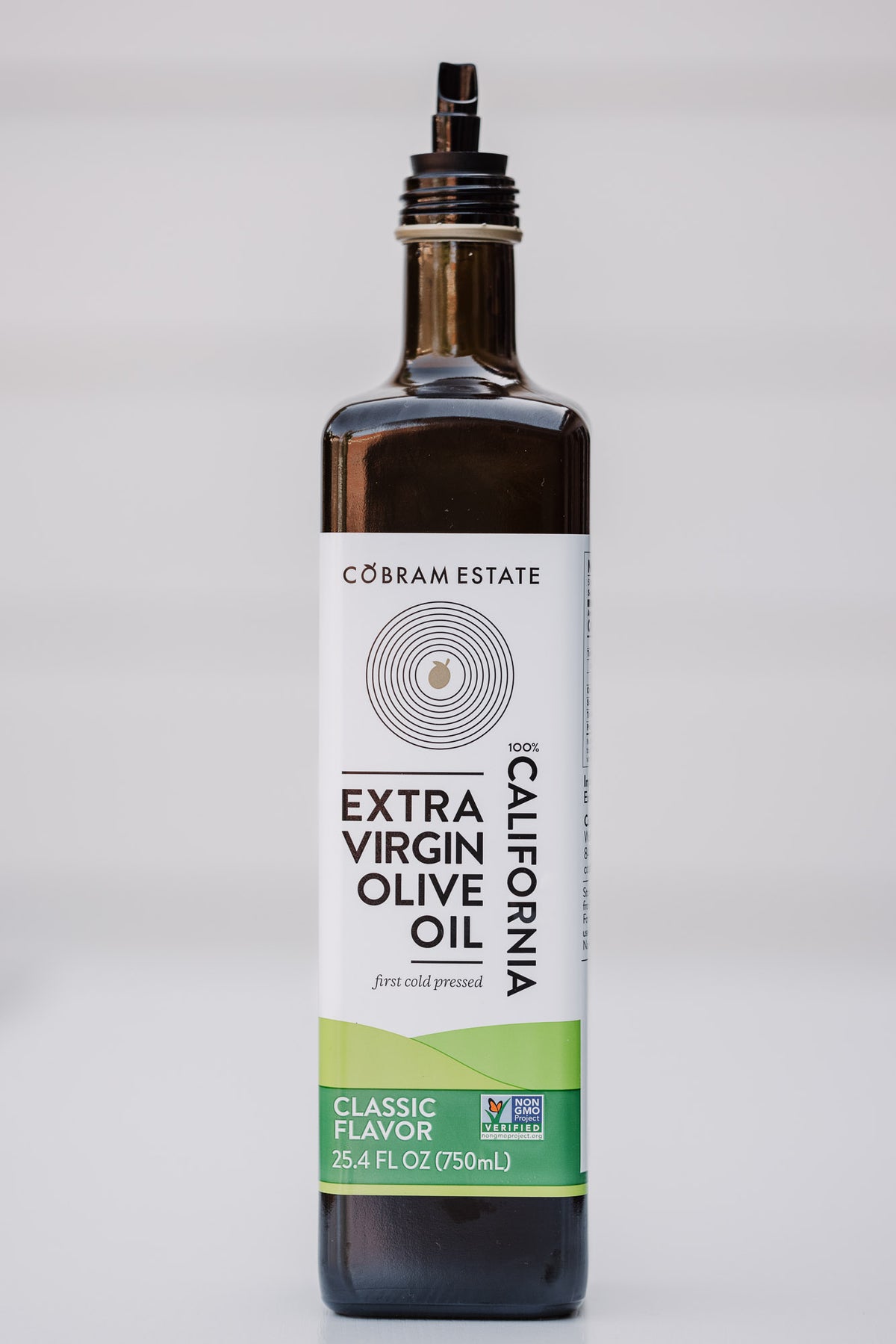Unlock the Hidden Extra Virgin Olive Oil Benefits for Weight Loss
Unlock the Hidden Extra Virgin Olive Oil Benefits for Weight Loss
Blog Article
Checking Out the Different Types of Olive Oil and Their Usages, Including Bonus Virgin Olive Oil
The exploration of olive oil incorporates a diverse variety of kinds, each offering unique tastes and culinary applications. Additional virgin olive oil, renowned for its remarkable high quality and wellness benefits, offers as a staple in many kitchen areas, yet it is just one facet of this diverse active ingredient.
What Is Olive Oil?
Acquired from the fruit of the olive tree, olive oil is a staple in Mediterranean cuisine and a vital ingredient in different cooking applications. This functional oil is produced by pushing entire olives, resulting in a liquid that differs in shade, flavor, and aroma depending on the kind of olives made use of, the area of cultivation, and the extraction process. Olive oil is mainly made up of monounsaturated fats, specifically oleic acid, which is understood for its prospective health and wellness advantages, consisting of anti-inflammatory residential or commercial properties and cardiovascular support.
In addition to its cooking usages, olive oil has a lengthy background of application in traditional medicine and skin care, owing to its abundant antioxidant content (extra virgin olive oil benefits). The oil is commonly made use of in dressings, sauces, and for cooking approaches such as sautéing and roasting. Its distinctive taste account can boost the preference of numerous meals, making it a crucial active ingredient for both home cooks and professional chefs
Furthermore, olive oil is commemorated for its duty in the Mediterranean diet regimen, which is related to countless health advantages. As recognition of these benefits grows, olive oil continues to gain appeal worldwide as a basic component of a healthy and balanced way of living.
Kinds Of Olive Oil
Comprehending the various kinds of olive oil is important for both health-conscious consumers and cooking enthusiasts. Olive oil is classified mostly based on its removal technique and quality, which dramatically influences its flavor, fragrance, and health and wellness advantages.

Light olive oil, in spite of its name, describes a lighter flavor and not reduced calories. It is optimal for those seeking a more refined preference in marinates and dressings. Additionally, there are flavored olive oils infused with natural herbs, seasonings, or citrus, which can improve dishes without the need for added flavoring.
Each sort of olive oil offers certain culinary purposes, and recognizing these differences allows customers to make educated choices that align with their food preparation designs and health objectives.
Additional Virgin Olive Oil
Extra virgin olive oil (EVOO) is extensively considered the best olive oil offered, well known for its abundant flavor and numerous health and wellness benefits. To be identified as additional virgin, the oil has to be created from fresh olives using mechanical procedures, without the use of solvents or excessive warmth. This precise approach protects the oil's natural tastes, antioxidants, and healthy and balanced fats, causing an item with a reduced acidity level of much less than 0.8%.
EVOO is plentiful in monounsaturated fats, specifically oleic acid, which is linked to minimized inflammation and boosted heart health. It likewise contains polyphenols, effective anti-oxidants that may use protective results against chronic illness. The taste profile of EVOO can differ significantly depending upon the olive selection and region of production, varying from grassy and fruity to durable and sharp.

Culinary Uses of Olive Oil

In cooking, olive oil can be used for sautéing, toasting, and cooking, providing a healthier alternative to butter or various other fats. Its high smoke factor makes it ideal for numerous cooking approaches, while its anti-oxidants add to a heart-healthy diet. Sprinkling olive oil over finished dishes, such as pasta, fish, or grilled veggies, can boost tastes and add a touch of beauty.
Furthermore, olive oil plays a significant function in baking, where it can change standard fats in recipes for bread and pastries, important site giving dampness and a refined preference. It additionally acts as a base for infused oils, allowing cooks to trying out flavors such as garlic, natural herbs, or chili, better expanding its culinary possibility. On the whole, olive oil's adaptability makes it vital in both home and professional cooking areas.
Picking Quality Olive Oil
When selecting quality olive oil, it's essential to take into consideration several key variables that affect the item's flavor, fragrance, and wellness benefits. First and leading, choose additional virgin olive oil (EVOO), which is originated from the first cool pushing of olives and contains the highest degree of antioxidants and beneficial compounds. Seek oils that are licensed by recognized companies, as this often guarantees adherence to strict high quality standards.
The packaging additionally plays a significant role in protecting the oil's stability. Pick oils stored in dark glass containers or tins to secure versus light deterioration. Take notice of the harvest date; fresher oils use remarkable taste and dietary value, so choose items that are within 18 months of their harvest.
Be aware of the taste; a good high quality olive oil must have an equilibrium of fruity, bitter, and peppery notes, indicating its richness and complexity. By examining these factors, you can guarantee you are picking the best olive oil for your cooking demands.
Verdict
In summary, the exploration of different kinds of olive oil discloses distinct characteristics and applications, with added virgin olive oil representing the pinnacle of quality due to its low acidity and high antioxidant material. Recognizing the different selections of olive oil permits for notified choices in cooking approaches, advertising healthier practices while improving the general gastronomic experience.
Acquired from the fruit of the olive tree, olive oil is a staple in Mediterranean food and a vital component in different cooking applications.The most common types of olive oil include improved olive oil, pure olive oil, and light olive Bonuses oil.Bonus virgin olive oil (EVOO) is extensively pertained to as the highest possible top quality olive oil available, popular for its abundant flavor and many health advantages. Choose for added virgin olive oil (EVOO), which is obtained from the first chilly pressing of olives and consists of the greatest levels of antioxidants and advantageous compounds.In summary, the expedition of various types of olive oil discloses distinct characteristics and applications, with added virgin olive oil representing the pinnacle of quality due to its low acidity and high antioxidant material.
Report this page